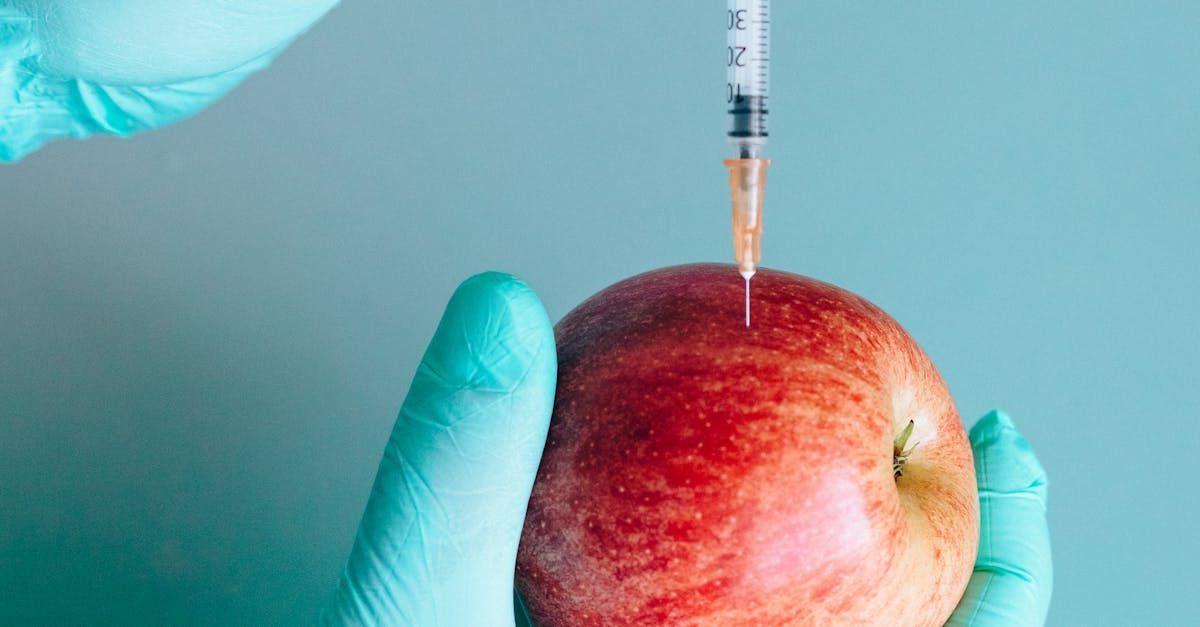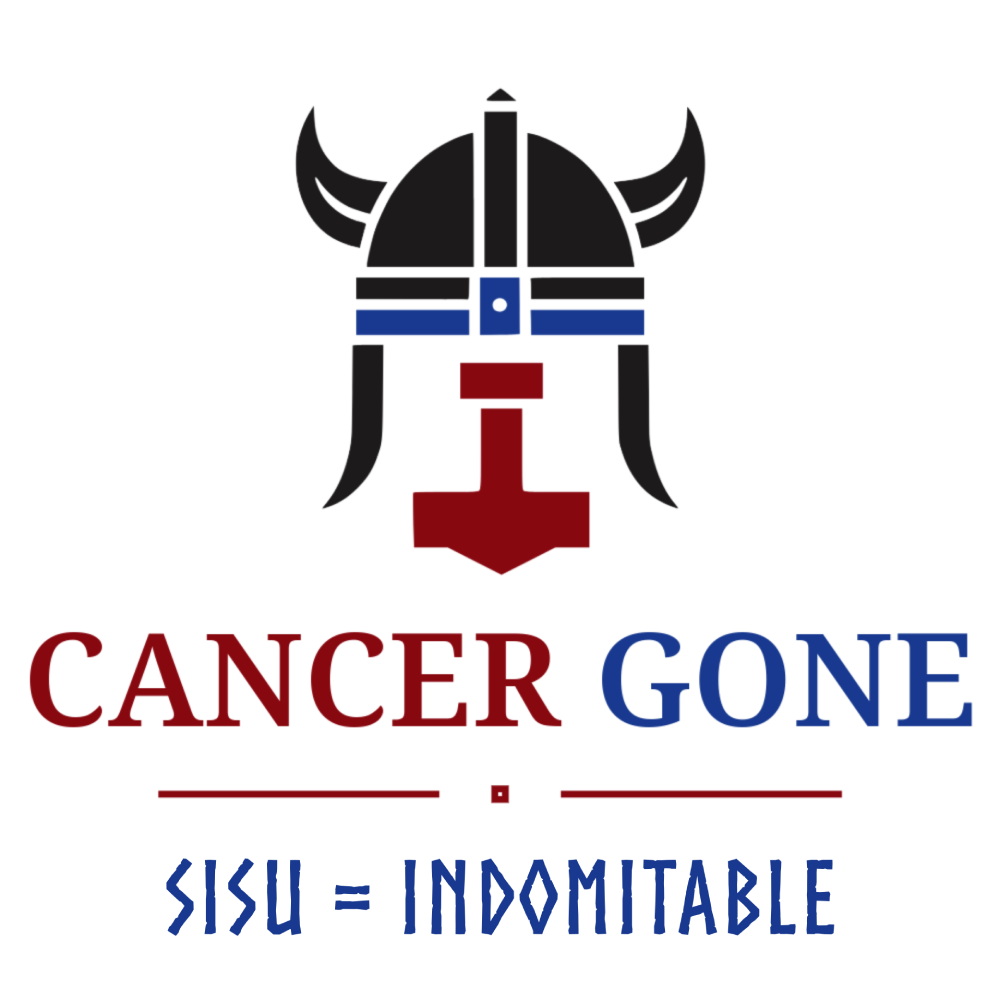Just as there are many forms of cancer, so too are there many different causes of cancer.
Weakened immune system
- Weakened Body
- Due to diabetes, chronic illness, obesity and old age.
- Stress can weaken your immune system, leaving you prone to diseases like cancer.
Stress hormones can inhibit a process called anoikis, which kills diseased cells and prevents them from spreading, Sood says. Chronic stress also increases the production of certain growth factors that increase your blood supply. This can speed the development of cancerous tumors,
How stress affects cancer risk
- Accumulation of toxic free radicals and oxidative stress secondary to smoking, alcohol, obesity and chronic inflammatory processes.
- Chronic infections
- Bacteria helicobater pylori [cancer of the stomach],
- Viruses such as: Human Papiloma Virus (cancer of the cervix, skin and penis), Epstein Barr Virus (nasopharyngeal carcinoma),
- Hepatitis viruses such as Hepatitis B, C (hepatocellular carcinoma);
Viruses: An estimated 15 percent of all human cancers worldwide may be attributed to viruses
Epstein-Barr virus, human papilloma virus, hepatitis B virus, and human herpes virus-8 are the four DNA viruses that are capable of causing the development of human cancers. Human T lymphotrophic virus type 1 and hepatitis C viruses are the two RNA viruses that contribute to human cancers.[1]
- Parasites such as shistosomiasis (bladder cancer) and
- Fungus such as Aspergilus flavus (hepatocellular carcinoma)
- Chronic inflammation
For example colorectal cancer developing in patients with Crohns colitis and ulcerative colitis.
- Chronic non-healing ulcers
For example squamous cell carcinoma developing in patients with chronic traumatic ulcers of the skin.
- Gastric ulcers
Ulcers are sometimes thought to lead to cancer. H. pylori, abacteria that causes ulcers, may be a factor leading to stomach cancer. Gastritis and intestinal metaplasia of the gastric mucosa are often found but are generally thought to be a result, rather than an early sign, of gastric cancer.[1]
- Microplastics
Microplastics are associated with cancer.
- Cell phones
Cancer Research UK www.cancerresearchuk.org[2]
Around one-third of deaths from cancer are due to:
- Tobacco use.
- High body mass index.
- Alcohol consumption,read more (There is sufficient evidence that reduction or cessation of alcohol consumption reduces the incidence of cancers of the oral cavity and the oesophagus, limited evidence for cancers of the larynx, colorectum, and breast [3]).
- Processed foods in packets.
- Low fruit and vegetable intake.
- Lack of physical activity.
- Hereditary cancer syndromes: There are more than 50 known hereditary cancer syndromes;[1] Persons carrying mutations for hereditary cancer syndromes are at high risk for the development of tumors at an early age, as well as the synchronous or metachronous development of multiple tumors of the corresponding tumor spectrum. The genetic causes of many hereditary cancer syndromes have already been identified. About 5% of all cancers are part of a hereditary cancer syndrome.[2]
Further reading:
- https://www.iarc.who.int/cancer-topics/#risk-factor
- https://handbooks.iarc.fr
- https://www.facebook.com/watch/?v=804190251392886
https://cancercontrol.cancer.gov/research-emphasis/contribution-to-the-cancer-moonshot/prevention-and-early-detection#:~:text=By%20improving%20the%20availability%20and,treatment%20of%20inherited%20cancer%20syndromes - https://www.ncbi.nlm.nih.gov/pmc/articles/PMC2696972/
Footnotes and references:
[1]
Four DNA viruses that are capable of causing the development of human
[2] Two studies associate microplastic exposure with cancer
[3] Cancer: Strong Signal for Cell Phone Effects
[4] The inconvenient truth about cancer and mobile phones
[5] Stomach Cancer
[6] Why is early cancer diagnosis important?
[7] IARC Handbooks of Cancer Prevention Volume 20A: Reduction or Cessation of Alcohol Consumption
UPDATes:
JulY 1, 2024
A new study by
Oncology Times found that 78% of adults with #cancer reported drinking, with 13% drinking "more than moderately" and 23% binge drinking, emphasizing the need for oncologists to address substance use, as it can lead to complications during care.
SHARE THIS PAGE




